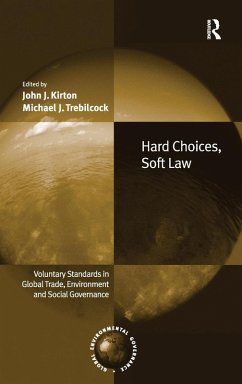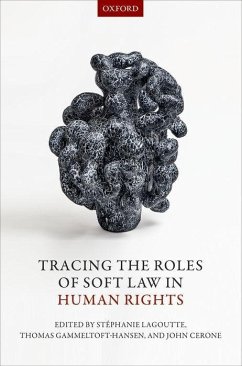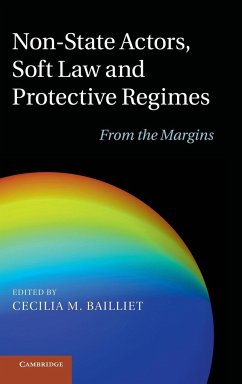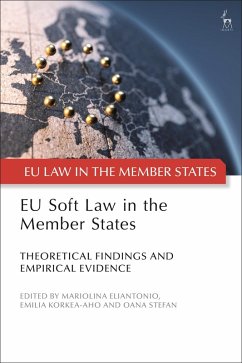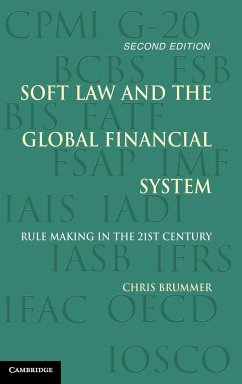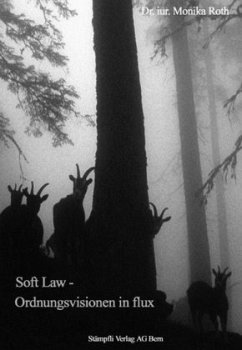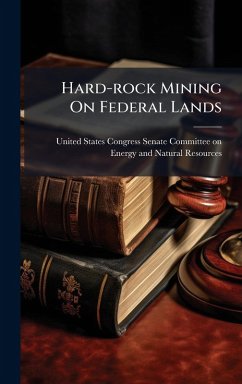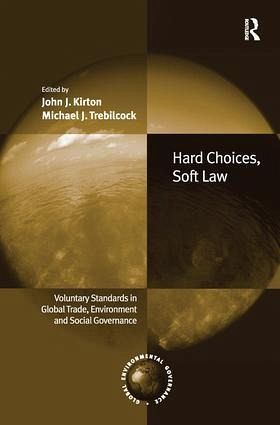
Hard Choices, Soft Law
Voluntary Standards in Global Trade, Environment and Social Governance
Versandkostenfrei!
Versandfertig in 1-2 Wochen
68,99 €
inkl. MwSt.
Weitere Ausgaben:

PAYBACK Punkte
34 °P sammeln!
An important read for academics and policy-makers alike, Hard Choices, Soft Law asserts that voluntary standards, or 'soft' law, are an important supplement to international law in a number of areas. This key work firstly outlines the approach taken to combining soft and hard law and trade, environment and labour values in the WTO and NAFTA, and in the prospective Millennium Round. Then, using the forestry sector - a realm where formal international law remains largely absent - the book provides a detailed examination of the role of soft law in action. It demonstrates how soft and hard law can...
An important read for academics and policy-makers alike, Hard Choices, Soft Law asserts that voluntary standards, or 'soft' law, are an important supplement to international law in a number of areas. This key work firstly outlines the approach taken to combining soft and hard law and trade, environment and labour values in the WTO and NAFTA, and in the prospective Millennium Round. Then, using the forestry sector - a realm where formal international law remains largely absent - the book provides a detailed examination of the role of soft law in action. It demonstrates how soft and hard law can be combined to promote trade, environmental and social cohesion, in ways that also permit sustainable development. The book presents a wealth of knowledge from a range of contributors familiar with the work of the G7/G8, the OECD, the Biodiversity Convention and the Codex Alimentarius.





